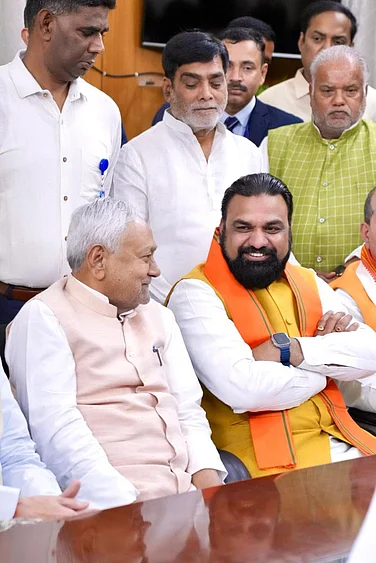In a significant ruling last week, the Jammu and Kashmir High Court declared a government order to take over madrassas in Kishtwar district as inapplicable to all such institutions in the Union Territory. Justice Sanjeev Kumar issued a three-page order in response to a petition challenging the directive by the Kishtwar additional deputy commissioner.
The contested order, issued on July 3, had instructed the management of Charitable Educational Trust to hand over immediate possession of their madrassas (Islamic seminaries) to the administration. The petitioners argued that the order violated principles of natural justice since they were not given an opportunity to be heard.
Additionally, the trust asserted its independence from the Maulana Ali Miyan Educational Trust, which had its operations taken over on June 14 the previous year due to alleged misuse of funds from foreign NGOs. The government lawyer confirmed the distinct nature of the madrassas run by the petitioners from those linked to the Maulana Ali Miyan Educational Trust, as reported by PTI.
The court acknowledged that an investigation into the alleged illegal funding of seminaries was ongoing and asserted the government's right to take action against any institutions involved in anti-national or anti-social activities or unable to account for their funding sources.
In its ruling, the High Court clarified that the divisional commissioner's order was exclusively applicable to the madrassas under the Maulana Ali Miyan Educational Trust and could not be broadly extended to all legitimately operated madrassas in Jammu and Kashmir. As a result, the court quashed the impugned order of the Kishtwar additional deputy commissioner.
However, the court also cautioned that if any subsequent investigations uncover violations of the law in the operation of the petitioners' or other madrassas, the government reserves the right to initiate appropriate action.






















